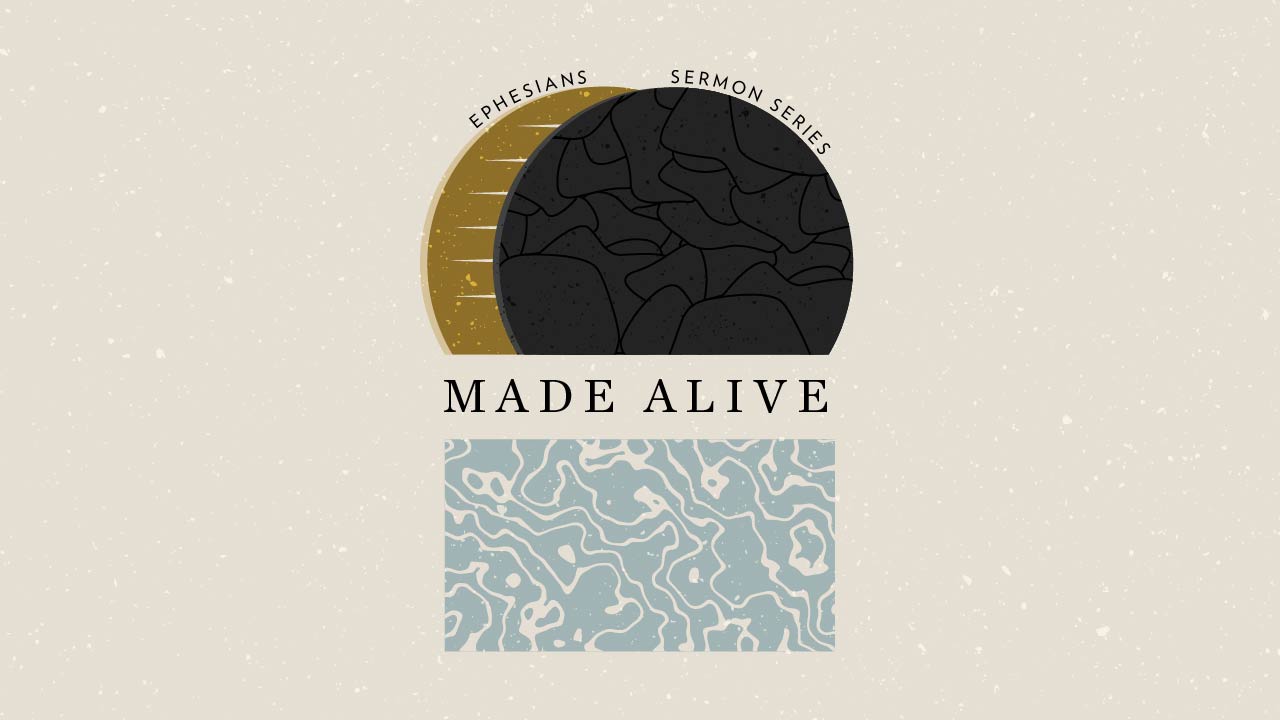God’s Everlasting Love
Where is your confidence? Is it in money? That can be lost. Is it in your own mental, physical, or professional abilities? Injuries can take those away. Is it in other people and our relationships? People fail us, often. Is it in God’s love? Paul tells us here that not only can we never lose it, but it will never fail us. We can trust and put our confidence in God’s love because it justifies us, protects us from condemnation, sustains us through suffering, and nothing can separate us from it. But why suffering? There is no experience that displays the sufficiency of God’s love for us than when all of other provisions and hopes have been stripped away and we have nothing, but Him.
Boundless Love
What then shall we say to these things? What do we say to our undeserved justification, our unearned sanctification, and our yet incomplete glorification? God loves us. How do we know? Christ died and rose again. God provides for us. God withheld no suffering from Christ on the cross, how will withhold any of His love from those Christ has saved? God protects us. Christ intercedes on our behalf; there is no condemnation. God is passionate for us. Literally nothing can separate us from the love that God has for us. Nothing.
Unshakable Claim, Unbreakable Chain
It’s really easy to read verse 28. We memorize it, write it down in journals, and print it on bookmarks. Verses 29 and 30 tend to get skipped. They seem a bit messier. But the whole section together makes such a beautiful and comforting truth! God is working all things for the good of those He loves. But what is that good? It’s far greater than our health or wealth and it’s far greater than any job or relationship. God works all things to make us more like His Son, a plan that has been in the works since before foundation of the world. And that is good…very, very good.
Unshakable Claim, Unbreakable Chain
Everyone seems to know and love verse 28 (which is great), but what does it actually mean? Yes, God works all things for good, but for whom? What is that “good” that He works everything toward? Scripture clarifies this astounding claim with a beautiful chain of events from God, using words that have a ton of baggage lumped in with them. Stripping away our misconceptions and idols, we can see that what God is working all things toward is not only good, but that it far outweighs all of the other “goods” we try to put in its place.
Future Glory
We all know that there is something terribly wrong with the world and this passage confirms that. We suffer, creation is just spinning its wheel futilely, and it is only getting worse. But in the midst of the pain, suffering, and frustration, there is a hope. It would be tragic to think of this as a trite kind of hope that gives us a small comfort. This is the only hope that can sustain us through the dark nights of our souls. It isn’t just that better days are ahead, but there have never been, in all of history, better days than the ones ahead. There is a glory waiting for us: a glory longed for by Creation, the Church, and God Himself.
Future Glory
At the end of verse 17, Paul hints at the suffering that we can expect being heirs with Christ. Now Paul gives us the perspective of that suffering as the birth pains leading to our future glory in and with Jesus. Creation longs for the glory of Christ that will set it free from its futility. The church longs and groans for the glory that will finish our redemption as sons of God. The Spirit, God Himself, longs and groans for us, giving Himself to us and interceding for us.
Sonship
Sanctification is about enjoying a relationship, not a following program of sin management. God is our Father and we are His sons; He isn’t a work supervisor constantly assessing our performance so that He can fire us. Our sonship isn’t based on our obedience, but the status that the work of Christ’s death and resurrection gained for us—that the Spirit testifies to in us—changes us more and more into the likeness of Christ, bearing His obedience, His suffering, and His glory.
Sonship
At the core of Christian theology is the doctrine of adoption. We are, by the work of Christ on the cross testified to by the Holy Spirit, made sons and daughters of God. We are made close and familiar with God. We are made heirs in the same way that Christ is heir. God is not distant and we are not strangers. We are brought into the eternal relationship enjoyed by the Trinity: a relationship of glory and suffering.
Spiritual Living II
It’s not just that we have been saved from our sin, but we have been saved to life in the Spirit. Enter baggage. We have so many misconceptions about the Holy Spirit, church backgrounds that shunned talk of Him, and backgrounds that turned Him into the badge of Varsity-level Christianity and a ticket to emotional highs. But who is the Holy Spirit really? What does He do (and what doesn’t He do)? How do we set our minds on the Spirit and put to death the deeds and life of the flesh?
Spiritual Living II
After being presented with the death and resurrection of Christ on Easter Sunday, this section of Romans 8 presents us with two ways to live: life in the flesh and life in the Spirit. One life leads to death and the other leads to life and joy in Jesus. One is marked by self-justification and self-expression while the other is life directed toward and directed by Jesus, putting to death the sinful passions of the flesh.



